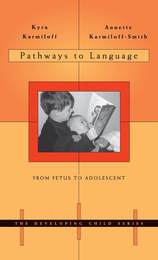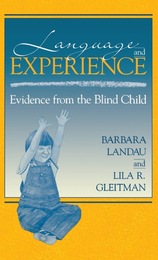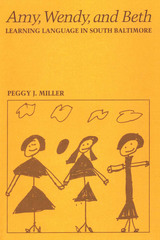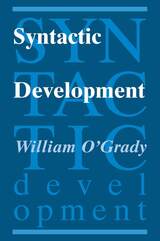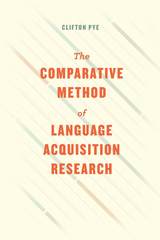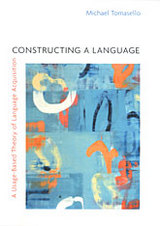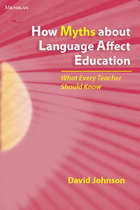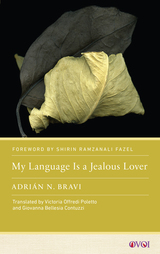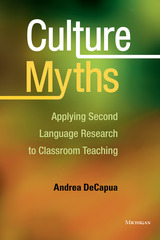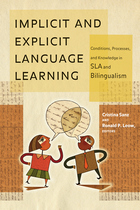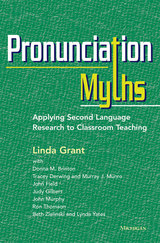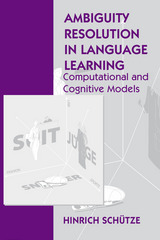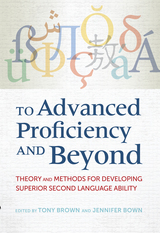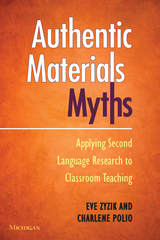Paper: 978-1-62616-324-9 | Cloth: 978-1-62616-399-7
Library of Congress Classification P118.U76 2016
Dewey Decimal Classification 401.93
When humans learn languages, are they also learning how to create shared meaning? In The Usage-based Study of Language Learning and Multilingualism, a cadre of international experts say yes and offer cutting-edge research in usage-based linguistics to explore how language acquisition, in particular multilingual language acquisition, works.
Each chapter presents an original study that supports the view that language learning is initiated through local and meaningful communication with others. Over an accumulated history of such usage, people gradually create more abstract, interactive schematic representations, or a mental grammar. This process of acquiring language is the same for infants and adults and across varied contexts, such as the family, the classroom, the laboratory, a hospital, or a public encounter. Employing diverse methodologies to study this process, the contributors here work with target languages, including Cantonese, English, French, French Sign Language, German, Hebrew, Malay, Mandarin, Spanish, and Swedish, and offer a much-needed exploration of this growing area of linguistic research.
See other books on: Language acquisition | Language and languages | Multilingualism | Psycholinguistics | Second language acquisition
See other titles from Georgetown University Press


